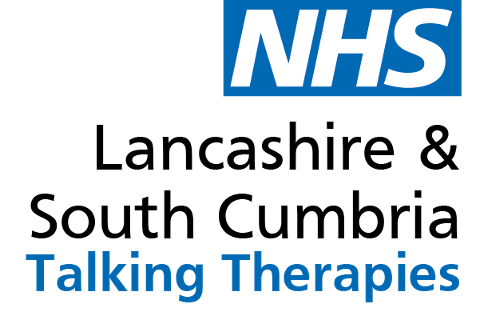Here are the most frequently asked questions and answers about Talking Therapies.
We have a selection of interactive and non-interactive groups available. Our workshops include a small number of people interacting on common themes relating to common mental health problems. One to One sessions include individual therapy with one allocated therapist who you will see for the duration of your therapy.
During your telephone assessment, your clinician will offer which treatment options may be the most beneficial for you based on your goals and individual needs. You will be able to choose what you think will be right for you and you will not be made to attend anything you do not want to.
Ideally, your employer should allow time for you to attend your appointments. You do not necessarily need to tell them what the appointment is for if you do not feel comfortable with this. We do offer a small number of evening clinics but you may need to wait longer if you require these.
Yes. Your GP is informed when you enter our service and will get a brief update on your progress on your discharge.
If you do not like the therapy that you have started, please feel free to discuss this with your therapist and alternative arrangements can be made.
We currently offer a very small number of evening appointments but you may have to wait longer for these.
If you feel uncomfortable you can bring someone along to your first assessment session, although we do encourage that thereafter you attend on your own to gain maximum benefit from your therapy.
The waiting lists for each therapy type varies and changes often. As a standard approximate wait, our service waits are around 12 weeks. Please note, this could be shorter or longer depending on demand.
We recommend that you do not attend two different therapies at the same time as this can be confusing and overwhelming. However, self-help websites and support can be invaluable pre-therapy or during therapy. Take a look at our useful resources page.
We do not offer specific grief or bereavement counselling. We can offer support with low mood/depression and/or anxiety which may be associated with loss.
CRUSE bereavement care is a charity that offers bereavement counselling.
If you feel you are not coping after the death of a loved one, speak to your GP about the right help for you.
We are not qualified relationship counsellors, however we can offer individual support to manage any common mental health problems such as anxiety disorders or depression which may be linked to your relationship.
RELATE (non NHS) provide relationship counselling.
Therapy can be offered online and by telephone as well as in person and you can discuss which option will suit you most during your Telephone Assessment appointment. If you access our service in person, we mainly provide appointments at GP surgeries and other community-based settings. If you are unable to attend appointments in the community due to your anxiety or depression symptoms it may be that talking therapies isn't the service for you and it would be beneficial to talk to your GP about this and what other options are available to you.
Talking therapies can and do work with some people who have autism, but this is usually around their common mental health problems such as depression or anxiety disorders. We cannot provide treatment for autism.
The learning disabilities team or the autism assessment service may be more beneficial to you. You can speak to your GP about this.
No, we would encourage you to discuss medications with your GP.
No. Having a common mental health problem does not mean that you are not able to look after your children, and we work successfully with many parents. Staff are required to request children’s details and to ask you questions about you and your children's safety and whether you require any support in looking after your children.
Staff will be required to liaise with relevant agencies if we have any concerns about your children's safety.
No. These types of difficulties tend to be more complex requiring longer-term support. If you have a current diagnosis or have concerns about any of these mental health problems, please discuss this with your GP or call the Initial Response Service on 0800 013 0708.
Yes, we will try and ensure you see the same practitioner unless there are unforeseen circumstances (like practitioner sickness). In this case, we will try to ensure we let you know as soon as possible, and we will try to offer you the option to see another practitioner as soon as a space is available. We are a stepped care service which means we have different levels of therapy available. If your practitioner feels that a different therapy or practitioner may benefit you more, they will discuss this with you.


